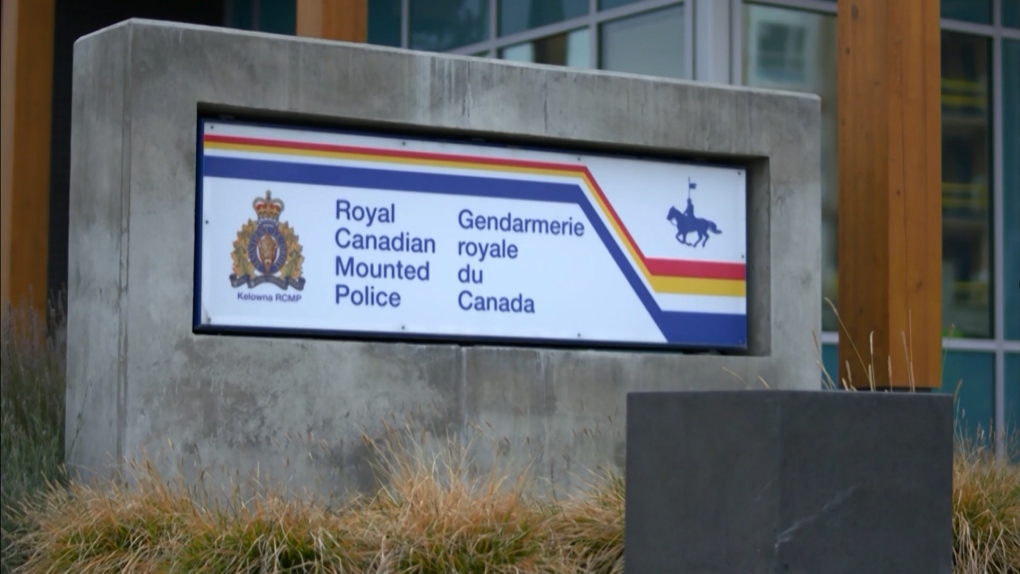The architect behind a failed senior living development in Osoyoos was found liable for $9 million after a three day trial; which he only attended one morning for.
The Cactus Ridge project was intended to be a 92-unit assisted living property that would be funded and developed by three businessmen who had previously cooperated on developments; William Kujat, Gordon Hoover, and the architect Farouk Shah.
Kujat, the owner of Safeway Holdings (Alberta) Ltd., initiated the legal proceedings to recoup costs beyond the initial investment into the development. Hoover and his company settled with Safeway in mediation.
Shah, representing himself, appeared on the morning of the first day of court over Microsoft Teams from his residence in the Bahamas, called for another adjournment of the trial, and then failed to rejoin after the lunch break or at any point in the rest of the trial.
As a result, Supreme Court Justice Heather MacNaughton noted that the points brought forward by the plaintiffs were unchallenged, and also threw out a counterclaim from Shah.
During their previous developments, the trio did not have a formal partnership but rather an understanding that they would each contribute a one-third share to the development and operating costs, and would share the expected profits on the same basis according to the decision from Feb 17
Shah contributed $926,310.64 toward the facility, including buying the property. Construction started in 2008, with Shah overseeing it. He would then later oversee the management of the business.
Hoover was responsible for overseeing the administration of Cactus Ridge Estates and, ultimately, Cactus Ridge, with Kujat as a silent financial partner.
READ ALSO: Community work, no criminal conviction for Oliver businessmen charged with firearm offence
As part of his purchase of the property, Shah had sought and received financing from HSBC Canada, with a $10 million mortgage. The three business partners would later sign a personal guarantee with HSBC, which they guaranteed payment to the bank.
Once Cactus Ridge opened in 2010, it did not take long for issues to appear. By 2012, only 19 units of the 92 would be rented, according to the judgment.
The partners over-estimated demand in Osoyoos for such a large seniors’ residence and did not anticipate the downturn in the real estate market which made it difficult for seniors to sell their homes and move into Cactus Ridge, said the judgement.
With the apparent growing difficulties, HSBC expressed concern about the financial viability of the facility, and despite attempts to negotiate for an extension or other options, HSBC would demand the payment of $10,512,184.39 including interest under the guarantees that had been signed.
Kujat would step forward and instead of having receivership take over, had his company buy out the mortgage and take on the debt instead, with a subsidiary taking over direct operations. The next year, Safeway would call on Hoover and Shah to repay their debts under the terms of the signed personal guarantee.
Safeway would then move to foreclose on Cactus Ridge, and after putting it up to market, sold it for $6 million. That left a shortfall of debt of $5,717,281.65, which continued to grow due to interest to $7,201,535.58 os of the trial date.
In addition to the shortfall, Shah is also required to pay back the operating expenses from when Safeway took over until the property was sold, which totaled $1,600,381.10. With interest, that became $1,847,112.41.
To report a typo, email: editor@pentictonwesternnews.com.
@PentictonNews
newstips@pentictonwesternnews.com
Like us on Facebook and follow us on Twitter.
BC Supreme Court seniors housing










